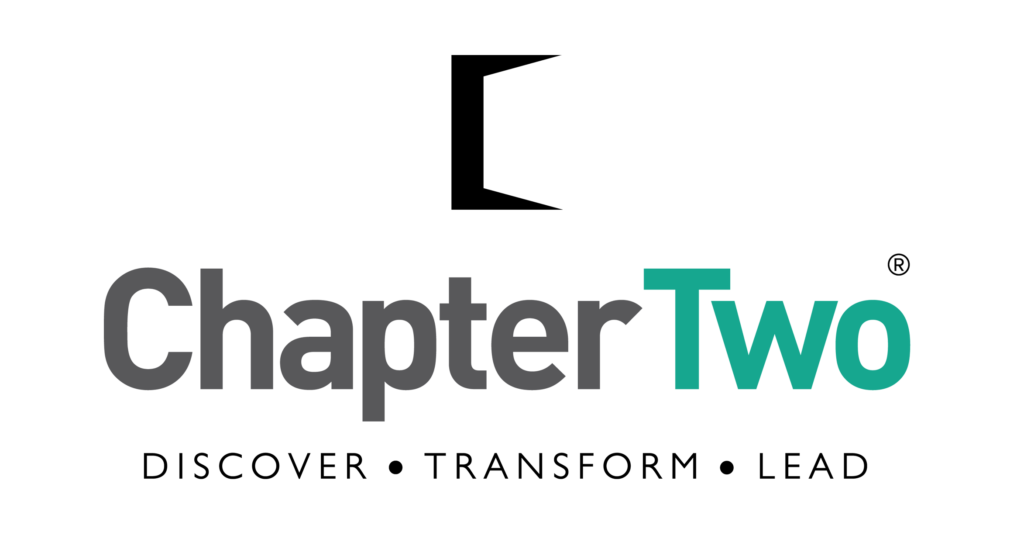Jack Ma’s company Alibaba debuted last week in the US stock market and raised about $25 billion. At about the same time, Ma, a former English teacher, said he was happy making $20 a day as a teacher when he graduated. He said those were ‘fantastic days.’
That leaves me with the question: What constitutes happiness?
All my coaching engagements begin with a questionnaire and one of the questions I get my clients to answer is to describe a time in their life when they were extremely happy and satisfied.
The purpose of the questionnaire is to get people to think.
The answers are different:
– When I got accepted into my dream college
– When I got my dream job
– When my child was born
– When we bought our house and moved in
The answers give me insight into what can constitute happiness.
And it’s all always in the past tense.
It is based on an event that has already occurred.
So, if the event did not occur as per expectations, then what happens? Is happiness threatened?
That’s not a sustainable way of living, is it?
But as the coaching engagement progresses, my clients always tell me they want to do better, or be better and they hope someday this will happen and they will be happy.
Someday, they will be happy. Not today but someday.
It appears every one is missing one or two crucial ingredients in their life that they need to be happy.
It’s either a better job or better pay or a new boss or a more understanding spouse or a larger house.
Why this fixation with tomorrow? Whatever happened to today? If we are not happy with what we have now, what’s the guarantee that we are going to be happy tomorrow when we have more of the same?
This is the underlying problem with the quantity theory of happiness. If I get more <insert the need> then I will be happy. This is a psychological trick the mind plays with us. But it’s an illusion.
The truth is happiness does not and should not depend on quantity. It is entirely a function of quality.
All it takes to increase the quality of our jobs, marriages and experiences is to be in the moment, go deeper, spend more time, expect less. That can make a huge difference.
So stop waiting for tomorrow to be happy. Kill the someday trap. Choose to experience happiness now.
About the Author:
Sandhya Reddy is a leadership & transformation coach based in Bangalore, India. She is the Founder and Principal Coach at Chapter Two Coaching, a coaching consultancy that enables everyone from CEOs to work-from-home parents to achieve their goals by replacing self-imposed limitations with enabling stories.
Many of us in our thirties experience a disquieting realization: what brought us to middle-management may not take us to senior-management. This is true. To chart a new career path, one needs to think and do things differently. This is where Sandhya can help. She is a coach. Life coaching, executive coaching, business coaching, personality development, leadership coaching… they are all part of her forte. Her Executive coaching programs helps tomorrow’s leaders set new goals, make new plans to achieve those goals, get that elusive promotion through a blend of knowledge, action and image-building, enhance influence among the leadership team, be more productive, get more out of one’s team, and be known in the company as an indispensable performer and future leader.
